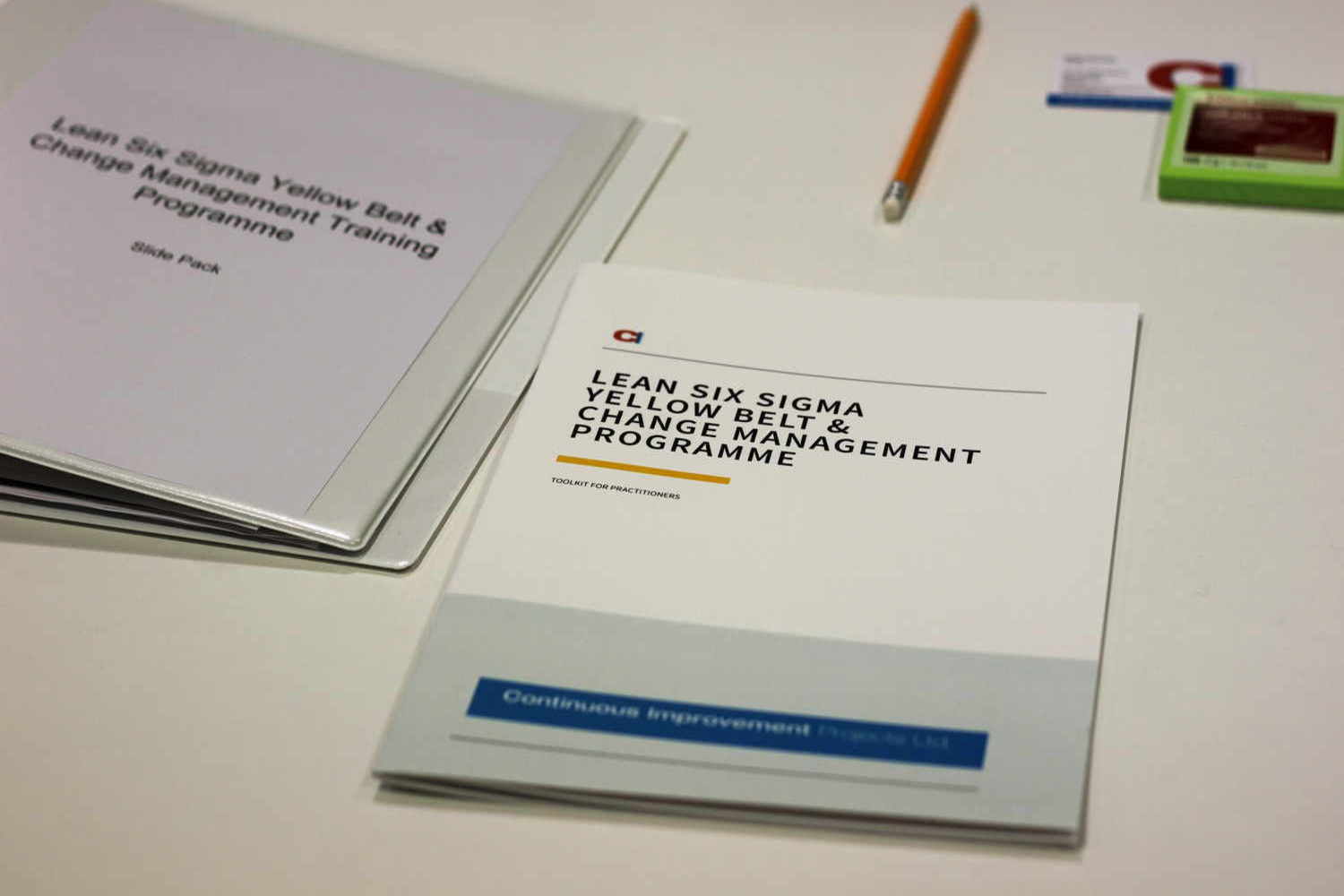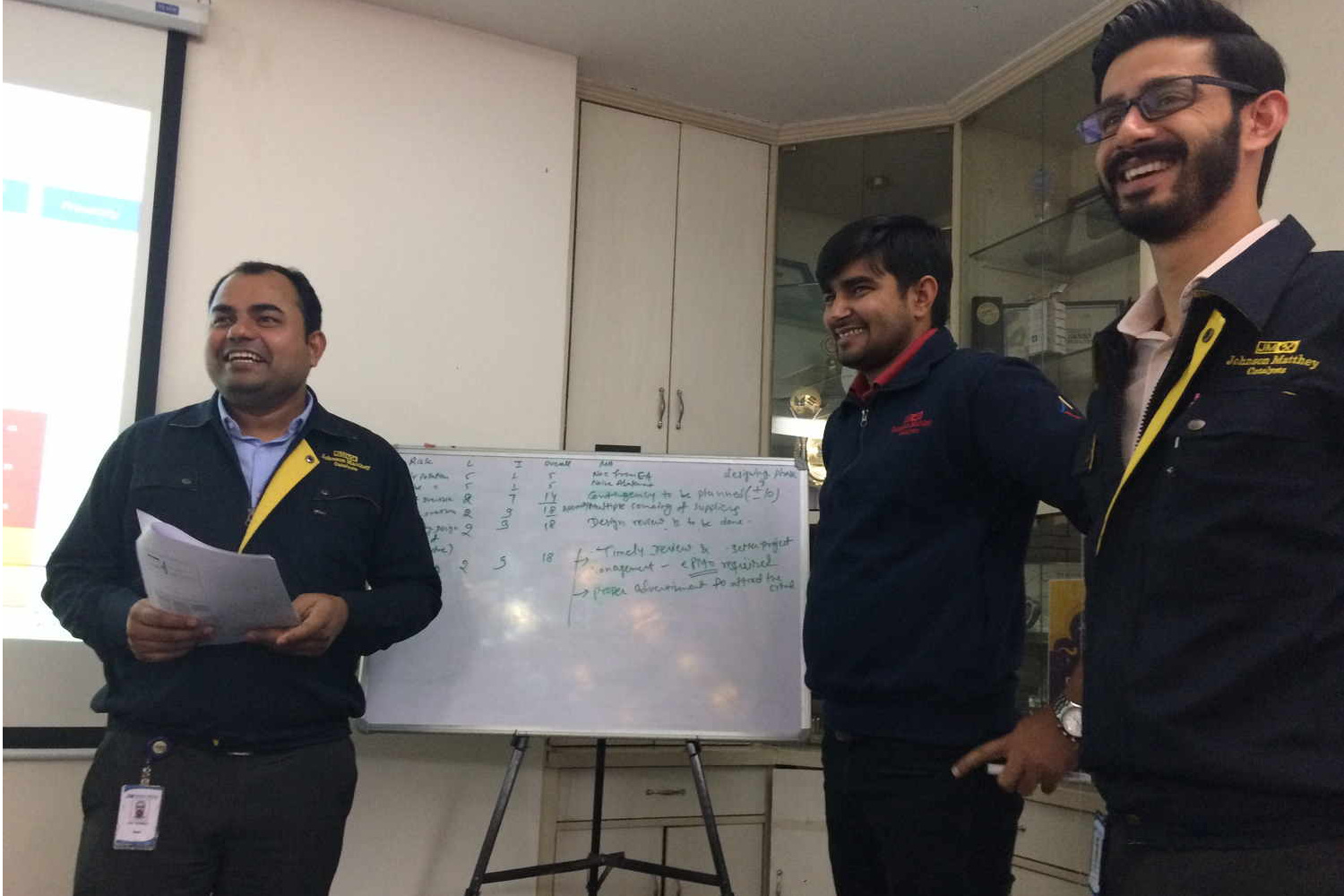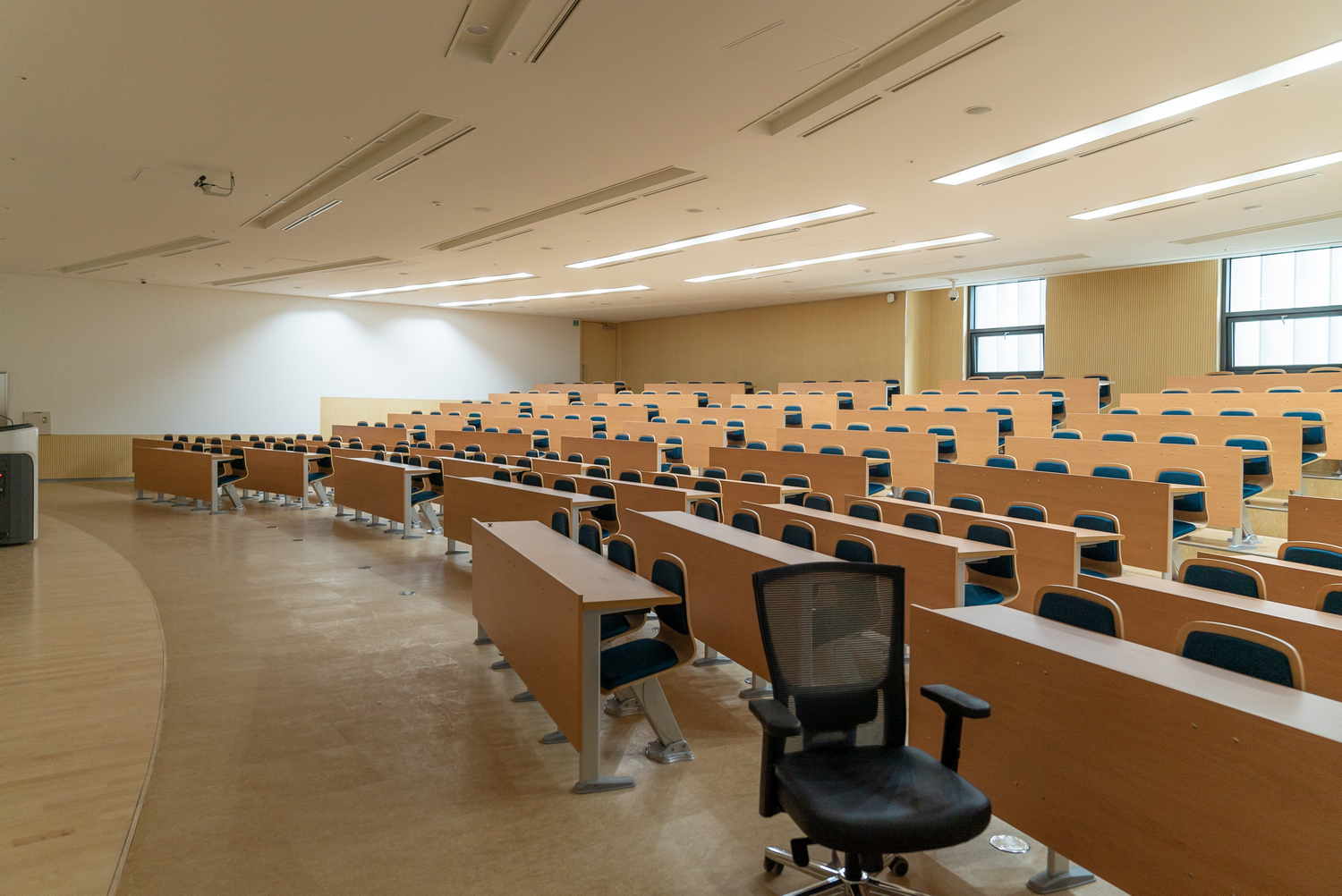PPM Transformation Programme at Guy’s and St Thomas’ NHS Trust
Implemented best practice maintenance standards resulting in c. £300k efficiency savings and improved compliance and assurance
How we helped...
The PPM Transformation Project is a 3-year programme of work carried out by Guy’s and St Thomas’ NHS Trust (GSTT) to improve the delivery of Planned Preventative Maintenance (PPM) of hard FM assets across 3 key sites that have been identified internally as requiring improvement.
To support delivery of this programme, CI Projects were engaged in September 2021 to design and plan the programme and manage the first year of programme which entailed setting up the core process, system and people foundations to enable best practice and continued success.
The challenges they faced were:
- Inconsistent application of SFG20 standards
- Maintenance strategy didn’t reflect risk-based priorities
- Unknown gaps in asset data posing compliance risks
- Heavy dependency on supply chain data and knowledge
- Different ways of working – lack of standard processes
- Extensive work completed manually outside the CAFM
- Unable to rely on data and reporting was cumbersome
- Inefficient lifecycle planning
The objective of the programme was to improve compliance and assurance, operational efficiency and people capabilities and engagement.
We applied the Lean Six Sigma DMAIC framework to understand the problems and root causes so that an optimal solution could be developed. During the Define, Measure and Analyse phase, CI Projects identified various challenges including unknown gaps in asset data, gaps in processes, lack of clarity around roles and responsibilities, cultural challenges and a significant amount of off-system working.
The project team carried out numerous workshops, interviews and meetings across all key stakeholder groups and across all 3 sites in scope to identify the issues and requirements surrounding PPM management. We analysed the asset data to establish a baseline position and identify opportunities for improvement.
During the Improve phase, we facilitated workshops to take teams on the journey of change and input into the new-world processes. We have developed a suite of processes, procedures, tools and templates that can be used as reference materials on an ongoing basis, and built this into a Model Office. We established a new PPM Strategy and commenced CAFM alignment and integration.
To communicate and effectively implement the new processes, including a refresher on the fundamentals of PPM standards, we delivered over 60 hours of training.
We created a PPM regime, bespoke to the service needs and environment of the Trust. This was achieved through working groups, data re-coding and updating the BESA portal. We worked with teams to identify what is critical, what bespoke tasks are required and ensured that all PPM tasks were fully populated.
Building relationships based on transparency and 2-way communication enabled us to deliver improvements that really benefit the teams, and celebrating the small wins was key in maintaining engagement – such as ensuring that the great work on the project with Engineering featured within the internal newsletter.
We implemented a monitoring and control plan to support the embedding of new processes. This captured data which was then discussed with the teams to identify non-conformances and resolve blockers. We were able to demonstrate an increase in process compliance over time.
Year 1 was about setting the foundations for achieving transformation and so many benefits are expected to be realised throughout years 2 and 3. Some of the benefits identified include:
- £200k saving through the reduction of discretionary and low-value activities from an SFG20 based regime
- £16.6k saving through reduction in management administrative tasks
- 96% reduction in non-standard PPM tasks
- £80k saving through identification of duplicated PPM tasks
In year 1, we established a solid foundation with consistent, best practice standards, giving GSTT the ability to benchmark, measure and improve PPM performance and compliance.
The Director of Engineering said: “The CIP team have done a fantastic job in helping and supporting the teams in progressing the agenda and raising our game around planned preventative maintenance, standards, processes, management, delivery and reporting to name a few things, from when you joined us late in 2021 to where we are now with your continued and valued ad-hoc support over the last 6 months or so. There has definitely been a positive impact and change in the wider operations teams approach to managing the estate infrastructure. The CIP team have risen to these challenges from the very start and succeeded in helping us move forward to enable better outcomes, improved service delivery, consistency in approach to enable us to achieve our goals and objectives.”
You can read more testimonials related to this project here.
Read more Case Studies here…
Lean Six Sigma Training at Bouygues Energies & Services
Delivered Lean Six Sigma training across several operating units, covering all levels from graduates to senior leadership, equipping their staff with the tools, principles and methods to drive continuous improvement in-house. Read More..
Portfolio Management Tool Implementation at Johnson Matthey
Led the global implementation of a Project and Portfolio Management tool across a £1m+ Capital Projects Portfolio, allowing for precision measurement and continued growth. Read More..
Service Relocation & Improvement at London School of Economics
Relocated core operational activities from New York to London and repackaged the portfolio of services, improving the process cycle time by 20% and the overall customer experience. Read More..



